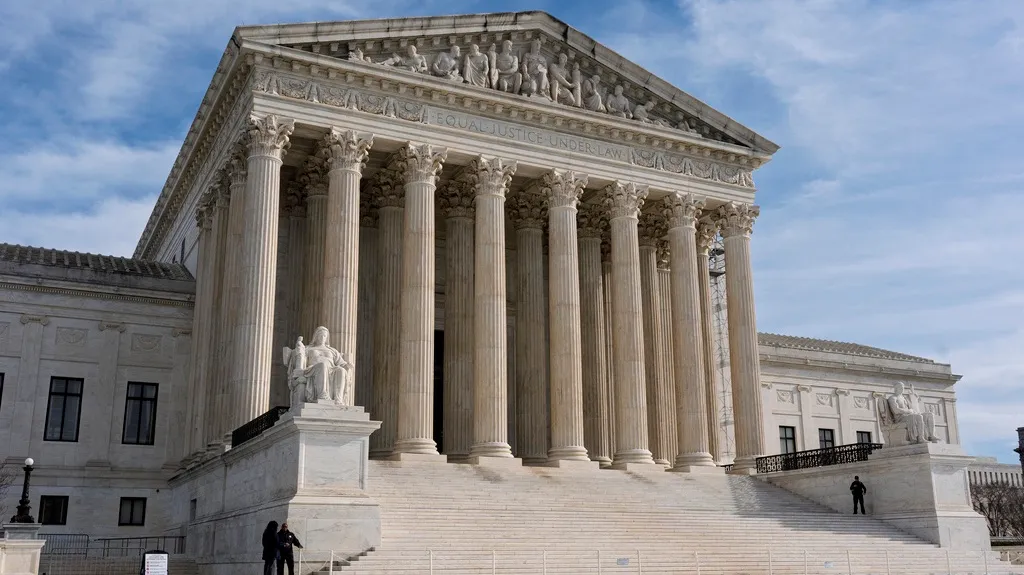October 12, 2009
Matthew Shepard's legacy :: The fight continues
Scott Stiffler READ TIME: 10 MIN.
In 1998, the death of 21-year-old University of Wyoming student Matthew Shepard (six days after his assault) thrust the matter of violence against LGBTs into the national spotlight. The brutality of his murder (he was beaten and left to die on a fence outside of Laramie, Wyoming) galvanized Americans from all walks of life to demand for extension of hate crimes legislation. Shepard's two killers -- Aaron McKinney and Russell Henderson -- were arrested and charged, but not for a hate crime because Wyoming had no statute for such a crime. In the ensuing weeks following their son's death, Shepard's parents -- Judy and Dennis -- became outspoken advocates for the passage of hate crime legislation.
Eleven years to the day after his death (and one day after the National Equality March on Washington, DC), the long-sought goal of securing federal hate crime legislation seems an impending reality.
On Thursday, October 8, the house voted 281 to 146 on legislation which would make it a federal crime to commit assault based on sexual orientation. Bearing Matthew Shepard's name, and attached to a defense policy bill (which further increases its chances), approval by the senate could come as early as this week - at which point President Obama will sign it into law. Obama reiterated his commitment to that campaign promise at an HRC dinner on Saturday, October 10 -also pledging to repeal Don't Ask, Don't Tell and the Defense of Marriage Act.
Imminent passage
Passage of hate crime legislation appears imminent (thanks in no small part to the efforts of those who became human rights activists as a direct result of the Shepard case). Yet LGBT youth continue to be harassed, bullied, beaten and murdered.
Stats under representative
Stapel points out that the statistics in NAVP's survey are frustratingly under representative, since "we know hate violence is dramatically underreported," especially among the transgendered and communities of color. In order to acquire statistics which paint an accurate national picture, "We need people to report these types of incidents, however seemingly benign: from on the street harassment to the very violent incidents."
Attorney General Eric Holder spoke to Congress this past Spring when the Shepard bill was reintroduced saying that "more than 77,000 hate crime incidents were reported by the FBI between 1998 and 2007, or 'nearly one hate crime for every hour of every day over the span of a decade.' "
As for the NAVP survey (which draws from reports made to AVP and similar organizations), Stapel says "There are fewer than 40 LGBTR anti-violence programs, and they only exist in 20 states. So we're only gathering data from half of the country. We need more programs in rural areas where there may not be as large of an LGBT community to rely on for services and support."
Jason Marsden, executive director of the
Marsden reminds people that "Politics in the interior mountain West" remain "actively hostile to progressive legislation, and this is only one topic. Everything from worker safety to education - a broad agenda of legislative goals accomplished in other states - continues to languish in the Wyoming legislature."
The Current State of Affairs
Charles Robbins is executive director and CEO of
Robbins says that despite the passage of time and increased cultural visibility, the realities faced by LGBTQs today are "no different than when Matthew Shepard was murdered." Referring to the results cited in a recent study by Catilin Ryan (of the Family Acceptance Project), Robbins notes that gay youth face even more prejudice and violence today because they're coming out and expressing their "sexual identity at a much earlier age; around 14 - yet their peers and families are not accepting. There continues to be a strengthening of bullying and homophobia. On average. LGBTQ youth are four times more likely to attempt suicide than their heterosexual peers."
That said, however, Robbins acknowledges that the "Shepard effect left an indelible mark among young adults at that time. Unfortunately, so much time has passed, youth today really don't understand the kind of cathartic episode that was for the LGBT community." The passage of time, and the activism generated from the "great amount of sorrow" surrounding Shepard's death, "really propelled people to action." Robbins himself says that after the incident, he went from "working on HIV/AIDS" to advocating for LGBTQ youth because Shepard's death "affected me so much."
Need for discussion
The Trevor Project is helping to promote tolerance in the public school system (where the very notion of promoting LGBT rights can be controversial). Robbins recalls the success they've had by "providing a suicide prevention workshop to schools, to introduce the topic of prevention" in a way that speaks to anyone who is feeling different. "We talk about what to do when you're the geek, the overweight child, the person who has a different sexual orientation. That seems to be a more palatable way to introduce the topic of sexuality into the schools rather than going in saying this is a gay anti-violence workshop. Conservative districts are much more approachable about suicide prevention" than LGBTQ youth rights matters, "so we use the workshop to teach youth that their words and behaviors can have murderous effects."
In conjunction with National Coming Out Day (October 11) , the Trevor Project also launched a new program to encourage LGBT youth to come out in a manner both purposeful and exciting. The Rated Q initiative will give youth another positive arena to express their experiences with being young and dealing with their sexuality through the use of video submissions. For more on this, read this







